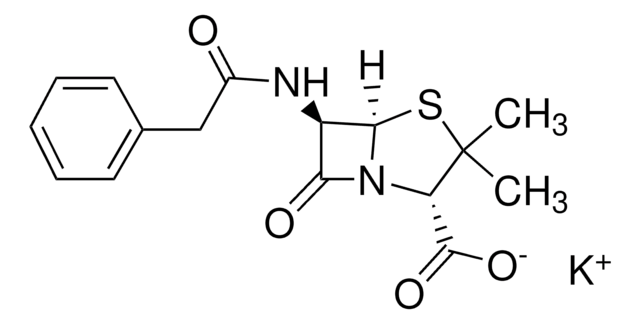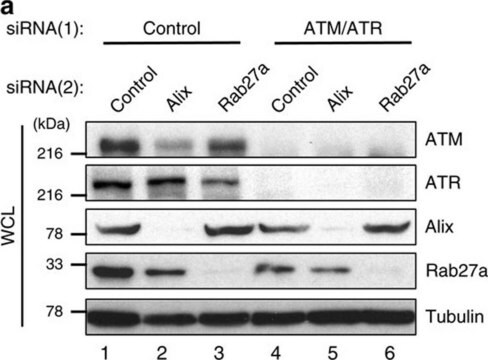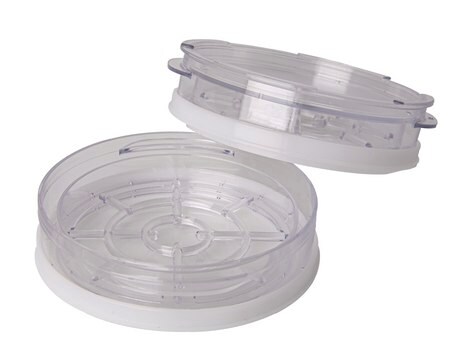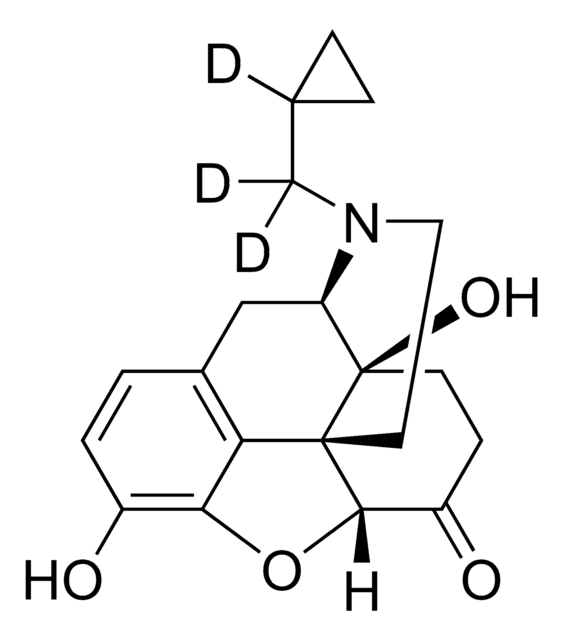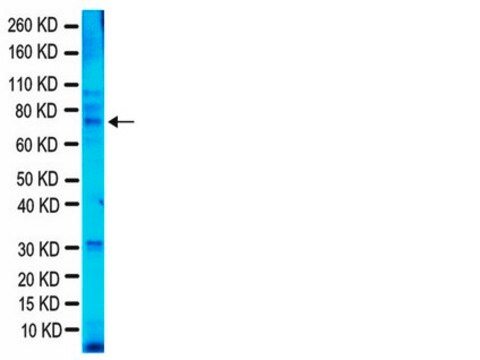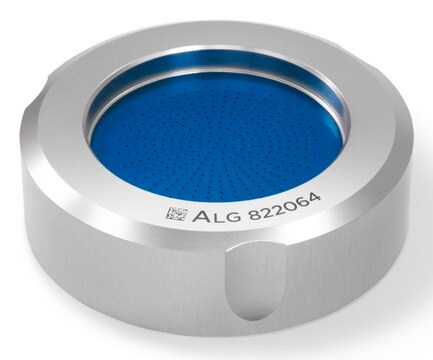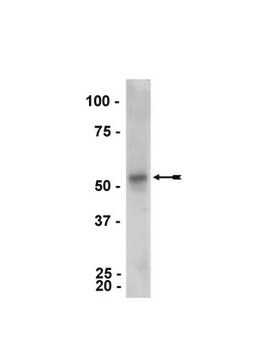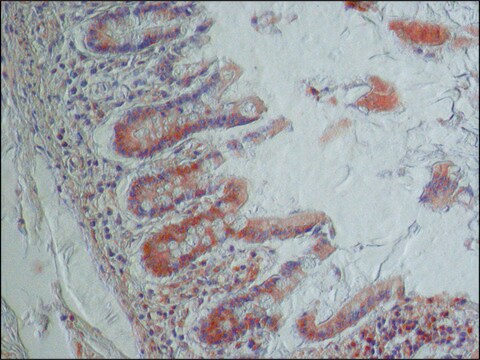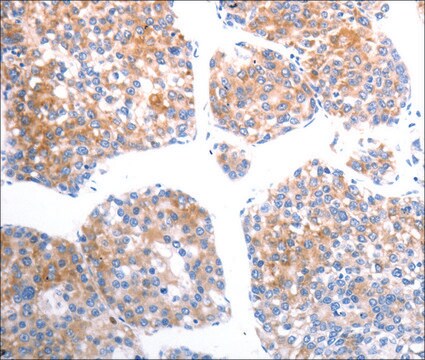05-513
Anti-ATM Antibody, clone AM9
ascites fluid, clone AM9, Upstate®
Sign Into View Organizational & Contract Pricing
All Photos(1)
About This Item
UNSPSC Code:
12352203
eCl@ss:
32160702
NACRES:
NA.41
Recommended Products
biological source
mouse
Quality Level
antibody form
ascites fluid
antibody product type
primary antibodies
clone
AM9, monoclonal
species reactivity
human
manufacturer/tradename
Upstate®
technique(s)
western blot: suitable
isotype
IgG
NCBI accession no.
UniProt accession no.
shipped in
dry ice
target post-translational modification
unmodified
Gene Information
human ... ATM(472)
Specificity
ATM
Immunogen
Full-length human ATM
Application
Detect ATM also known as Ataxia Telangiectasia Mutated with Anti-ATM Antibody, clone AM9 (Mouse Monoclonal Antibody), that has been demonstrated to work in WB.
Research Category
Epigenetics & Nuclear Function
Epigenetics & Nuclear Function
Research Sub Category
Cell Cycle, DNA Replication & Repair
Cell Cycle, DNA Replication & Repair
Quality
routinely evaluated by immunoblot on nuclear extract from Raji cells
Target description
350kDa
Linkage
Replaces: 04-200
Physical form
Ascites
mouse ascites containing 0.05% sodium azide
Storage and Stability
2 years at -20°C
Legal Information
UPSTATE is a registered trademark of Merck KGaA, Darmstadt, Germany
Disclaimer
Unless otherwise stated in our catalog or other company documentation accompanying the product(s), our products are intended for research use only and are not to be used for any other purpose, which includes but is not limited to, unauthorized commercial uses, in vitro diagnostic uses, ex vivo or in vivo therapeutic uses or any type of consumption or application to humans or animals.
Not finding the right product?
Try our Product Selector Tool.
recommended
Product No.
Description
Pricing
Storage Class Code
12 - Non Combustible Liquids
WGK
nwg
Flash Point(F)
Not applicable
Flash Point(C)
Not applicable
Certificates of Analysis (COA)
Search for Certificates of Analysis (COA) by entering the products Lot/Batch Number. Lot and Batch Numbers can be found on a product’s label following the words ‘Lot’ or ‘Batch’.
Already Own This Product?
Find documentation for the products that you have recently purchased in the Document Library.
T K Pandita et al.
Molecular and cellular biology, 19(7), 5096-5105 (1999-06-22)
A-T (ataxia telangiectasia) individuals frequently display gonadal atrophy, and Atm-/- mice show spermatogenic failure due to arrest at prophase of meiosis I. Chromosomal movements take place during meiotic prophase, with telomeres congregating on the nuclear envelope to transiently form a
Characterization of mre11 loss following HSV-1 infection.
Gregory, DA; Bachenheimer, SL
Virology null
Chen Wang et al.
Translational oncology, 10(2), 190-196 (2017-02-10)
The ataxia telangiectasia mutated (ATM) protein kinase plays a central role in the cellular response to DNA damage. Loss or inactivation of both copies of the ATM gene (ATM) leads to ataxia telangiectasia, a devastating childhood condition characterized by neurodegeneration
G Chen et al.
The Journal of biological chemistry, 274(18), 12748-12752 (1999-04-23)
Cells from individuals with the recessive cancer-prone disorder ataxia telangiectasia (A-T) are hypersensitive to ionizing radiation (I-R). ATM (mutated in A-T) is a protein kinase whose activity is stimulated by I-R. c-Abl, a nonreceptor tyrosine kinase, interacts with ATM and
K Nakagawa et al.
Molecular and cellular biology, 19(4), 2828-2834 (1999-03-19)
Microinjection of the restriction endonuclease HaeIII, which causes DNA double-strand breaks with blunt ends, induces nuclear accumulation of p53 protein in normal and xeroderma pigmentosum (XP) primary fibroblasts. In contrast, this induction of p53 accumulation is not observed in ataxia
Our team of scientists has experience in all areas of research including Life Science, Material Science, Chemical Synthesis, Chromatography, Analytical and many others.
Contact Technical Service